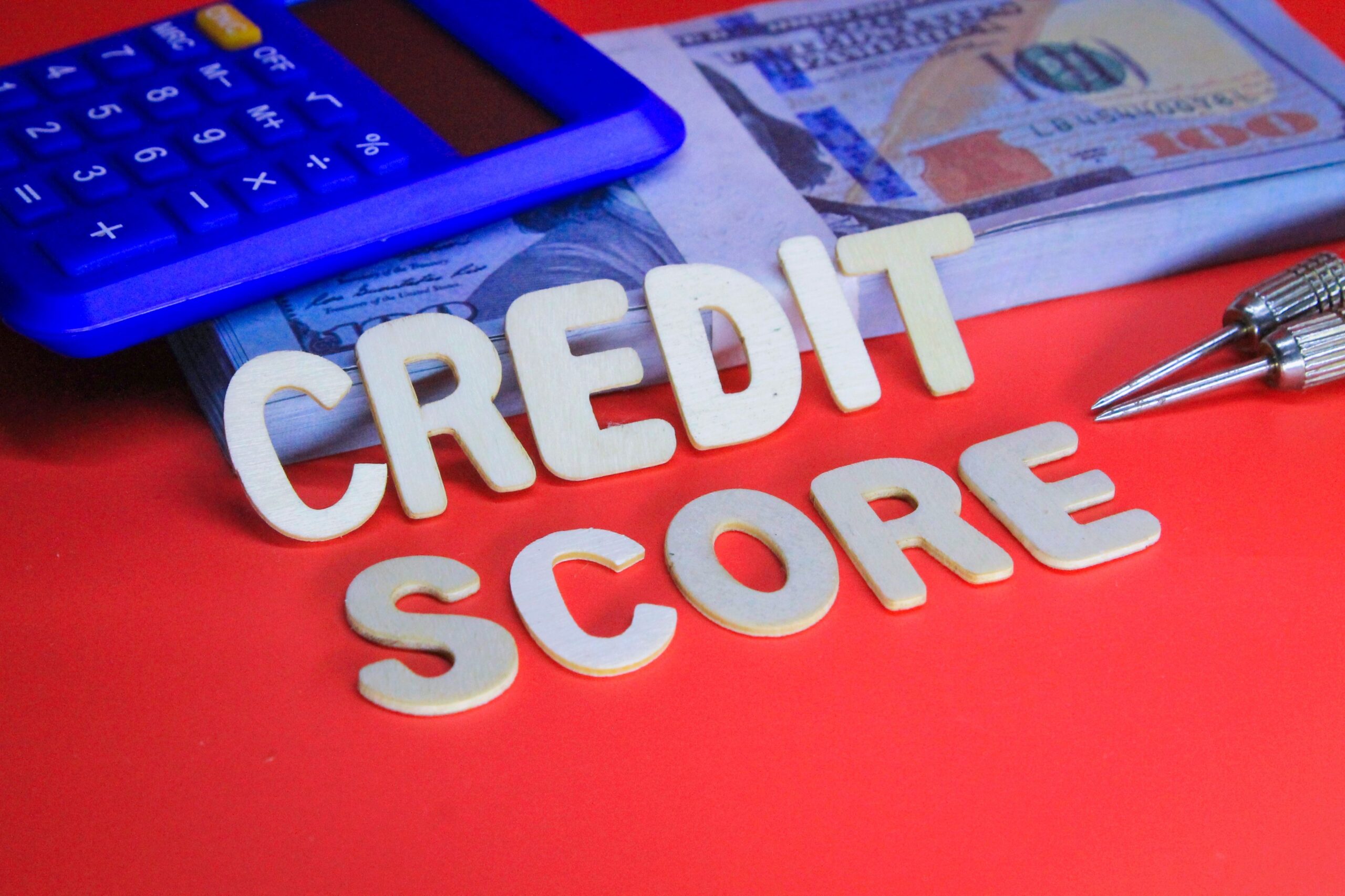The Future of Credit Scoring in 2024
by David B. Coulter

In the financial world today, there is perhaps no more ubiquitous metric than the credit score. For decades, FICO and other credit scoring systems have been the rigid bedrock on which the lending industry has been built, dictating access to mortgages, personal loans, and other credit products. The precept at the heart of this system is relatively straightforward: use historical financial data to predict a borrower’s likelihood of default. Yet, in a world fundamentally altered by technological advances and shifting socioeconomic dynamics, it’s becoming increasingly apparent that this once-revolutionary approach is no longer sufficient.

Here, we explore how the future of credit scoring is taking shape, the challenges that current systems face, and the role of fintech in forging a fresh path.
When Did Credit Scores Start
The first credit score started in 1989, which was the FICO score. The purpose of credit scores were used to determine creditworthiness.
The Limitations of Legacy Systems
Credit scores are retroactive reflections, lagging indicators of one’s financial health. They too often fail to capture the multidimensional nature of modern finance, particularly for younger consumers and those with unconventional financial profiles.
Gen Z: A Credit Conundrum
Consider the case of Gen Z, the first generation to come of age in a predominately digital era, yet one thwarted by economic instability. Traditional credit scoring models struggle to assess these individuals’ creditworthiness—a Catch-22 where a lack of credit begets a lack of opportunities to build credit. It’s a limitation that restricts access to vital services and perpetuates the cycle of exclusion.
Rigid Models, Flexible Lives
Moreover, these scoring systems are built on historical financial norms that are increasingly out of step with the gig economy, rising student debt, and unpredictable incomes. As a result, they often miss the mark, failing to provide a full picture of an individual’s ability to responsibly manage credit.
The AI and Data Deluge: A New Frontier in Credit Assessment
The advent of artificial intelligence and the magnifying lens of big data have the potential to revolutionize credit scoring. These technologies—once the hallowed turf of science fiction—are now harbingers of a future brimming with opportunities.
The Big Data Balancing Act
AI’s capacity to sift through massive data sets and identify nuanced patterns offers a granular view of individual financial behavior. Companies like Experian are already utilizing trended data, which tracks spending and payment patterns over time, to paint a more comprehensive picture.
Ethical Implications and Bias: The AI Tightrope
With great power, as the saying goes, comes great responsibility. The integration of AI in credit scoring must be approached with caution. There’s a pressing need to address algorithmic biases and ensure transparency in the decision-making process. The responsibility is on industry leaders to navigate this frontier judiciously.
Zillow’s Credit Crusade for Renters
One undeniably forward-looking initiative in credit scoring comes from an unexpected corner: Zillow, famous for its role in the housing market. Zillow is redrawing the credit landscape by empowering renters to build credit through their on-time rent payments. Their Rent Connect service reports rental payments to credit bureaus, effectively translating historically overlooked data into a robust credit profile.
This marks a pivotal shift, recognizing valuable payment behaviors outside the traditional umbrella of consumer credit while also enhancing inclusivity.
Reimagining Financial Behavior and Scoring
The future of credit scoring is not just about more data; it’s about the right data and the agility to interpret it in the context of actual financial behavior. The aspirational trajectory should be custom-scoring models tailored to an individual’s unique financial objectives and challenges.
This is the driving force behind SmartCredit’s technology. In our vision, credit scoring becomes more than a gatekeeper; it becomes a collaborative tool for financial success, offering personalized advice and incentives to help users reach their goals.
[GET SMART ABOUT YOUR CREDIT WITH SMARTCREDIT]
Fintech at the Vanguard of Change
With their agility, innovative spirit, and penchant for disruption, Fintech companies are at the leading edge of developing alternative credit scoring models that are poised to render the traditional approach obsolete.
Apple Card exemplifies digital age creditworthiness, considering non-traditional data and user experience in credit assessments. Fintech firms leverage technology for inclusive, customer-centric credit experiences that are fair and accessible.
Embracing the Future Wisely
The movement toward a more dynamic, inclusive credit scoring system is inevitable. However, we must steer it with prudence and care. As we rush onward into this new chapter of financial assessment, it is incumbent upon industry players and policymakers to lay down clear ethical frameworks and guardrails.
Transparency, user consent, data security, and the constant vigilance against hidden biases are the linchpins that will underpin this evolution. The mandate for all involved is to ensure that the future of credit scoring is not just different but unequivocally better—more equitable, more reflective of modern financial realities, and more supportive of individual financial growth.
Ultimately, the reformulation of credit scoring holds the promise of fostering a more responsive and egalitarian financial ecosystem. We must craft a credit scoring system that truly serves its users’ needs. The path ahead is challenging, but the rewards—economic empowerment on an unprecedented scale—are more than worth the journey. Let’s advance credit scoring to ensure a brighter, more inclusive financial future.
Join SmartCredit today to be part of the financing revolution!
by David B. Coulter 29/02/2024



